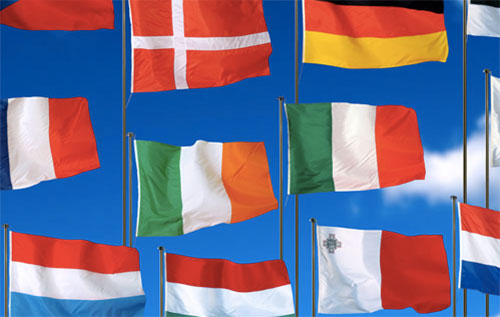
The EU has confirmed it will fund a €30 million CAP promotion aimed at alleviating the impact of the Russian trade ban against agricultural products.
Confirming this step, EU Commissioner for Agriculture & Rural Development Dacian Ciolos stated today: "Promotion programmes are one of the CAP instruments which can be used over the medium term to address the market difficulties expected in several sectors as a result of the Russian ban, helping producers to find new sales outlets within and outside the EU.
"Today's change means that €60 million of EU funding is available for promotion projects submitted by the end of this month. As this is co-funded by the promotion organisations themselves, this means that schemes worth at least €120 million could start running in 2015. I strongly encourage agricultural organisations to make the most of this opportunity and to present ambitious promotion schemes in the coming weeks".
This announcement comes in addition to the exceptional market support measures for peaches & nectarines (€33m) and other perishable fruit & vegetables (€125m) already adopted and the activation of private storage aid for butter, skimmed milk powder and cheese announced last week and due for adoption this week.
Each year, the EU foresees some €60 million for co-financing promotion programmes, awarded in two tranches, based on programmes submitted – up to €30m for programmes in the first tranche, and the rest for the second tranche. The deadlines for organisations to present their programmes to Member States are the end of September and the end of February. Member States then submit selected programmes to the Commission for evaluation. Today's announcement means that up to €60million will be available for programmes submitted to Member States this month.
The EU finances up to 50% of the cost of these measures (up to 60% in programmes promoting the consumption of fruit and vegetables by children), the remainder being met by the professional/inter-branch organisations which proposed them and/or by the Member States concerned.
Today's move to provide an extra €30 million of EU funds will therefore mean in practice that roughly €60m more will be invested in EU promotion schemes than was previously foreseen. The Commission will prioritise schemes for products that might otherwise have been exported to Russia.
